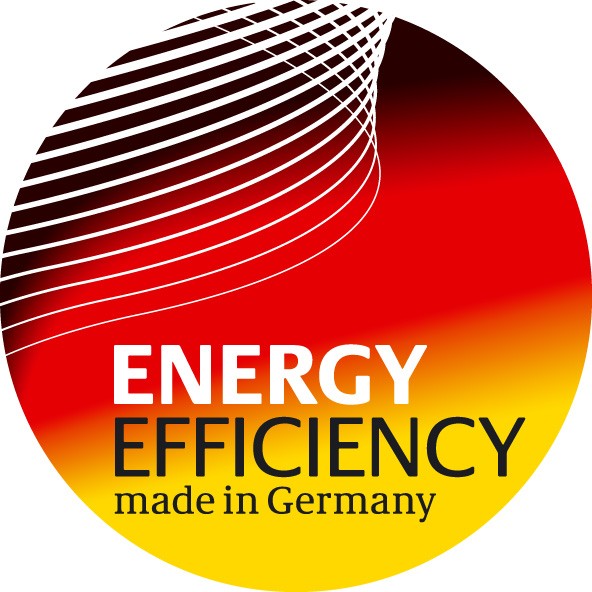Tuesday, 24/02/2026 | 19:44 GMT+7
German households and industry made great strides last year to use energy more efficiently, according to energy market research group AG Energiebilanzen (AGEB). Just 4.8 gigajoules of energy were needed to produce goods worth 1,000 euros, in 2014.
This is a drop from 5.2 gigajoules needed in 2013 and 7.6 gigajoules in 1990, according to an AGEB press release. The group said the results were ‘excellent’ compared to other countries.

“This means Germany has increased efficiency by more than a third within the last 24 years,” said Hans-Joachim Ziesing, a member of AGEB’s managing board. Energy efficiency increased on average by 1.9 percent per year since 1990.
Private households increased efficiency by almost six percent last year, while industry used 3.3 percent less energy to produce goods worth 1,000 euros, according to the AGEB results.
“Germany is particularly frugal when it comes to electricity consumption,” states the press release. Power consumption in relation to total economic output decreased 4.3 percent. The researchers said this was down to more efficient industrial processes, as well as the increased use of energy-saving appliances in homes.
The German government last year declared energy efficiency the “twin pillar of the energy transition” - on a par with the roll-out of renewable energies, in its National Action Plan on Energy Efficiency (NAPE).
Saving energy is a fundamental part of Germany’s plans to cut CO2 emissions. By 2020, the country wants to cut total energy consumption by 20 percent compared to 2008. By 2050, the target is to get by with only half the amount of energy, so CO2 emissions can fall by at least 80 percent compared to 1990 levels (for more details, see our Factsheet on Germany’s climate targets). But most experts in the field complain efficiency has been neglected compared to renewable energies.
AGEB was set up by several major German energy industry associations and economic research institutes to evaluate energy statistics and to monitor the development of the Energiewende.
Anh Tuan








 Consultation on the methodology for developing and updating energy consumption standards for four major industrial sectors
Consultation on the methodology for developing and updating energy consumption standards for four major industrial sectors
 Opening of the 2025 Energy-Efficient Equipment and Green Transition Exhibition Fair
Opening of the 2025 Energy-Efficient Equipment and Green Transition Exhibition Fair
 Energy-saving solutions and green transition promotion
Energy-saving solutions and green transition promotion
 The 9th VEPG Steering Committee Meeting: Strengthening Coordination for Viet Nam’s Just Energy Transition
The 9th VEPG Steering Committee Meeting: Strengthening Coordination for Viet Nam’s Just Energy Transition